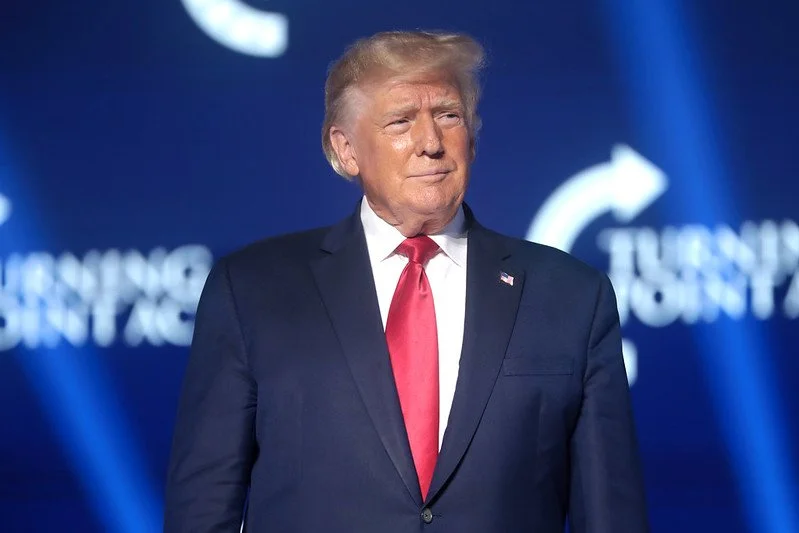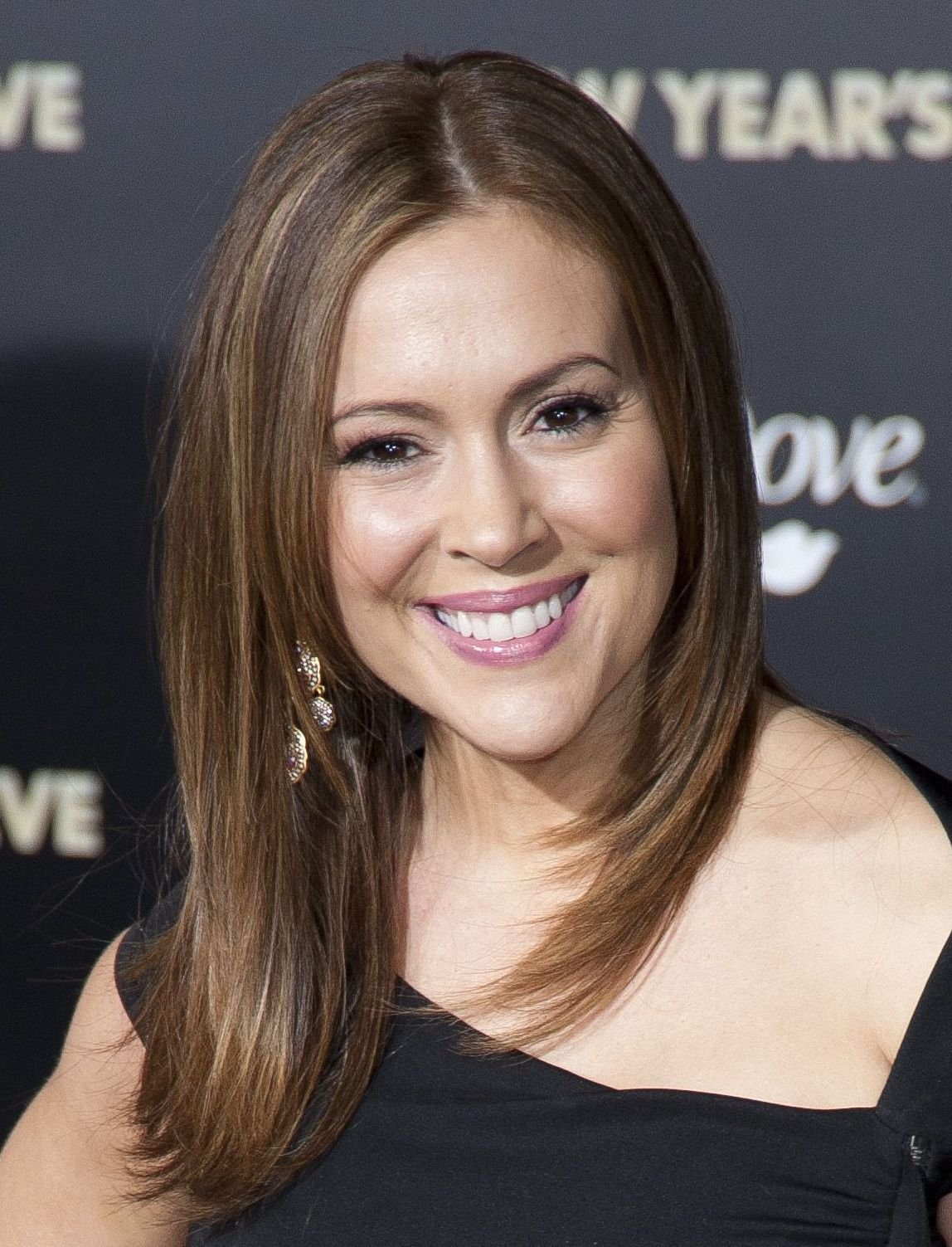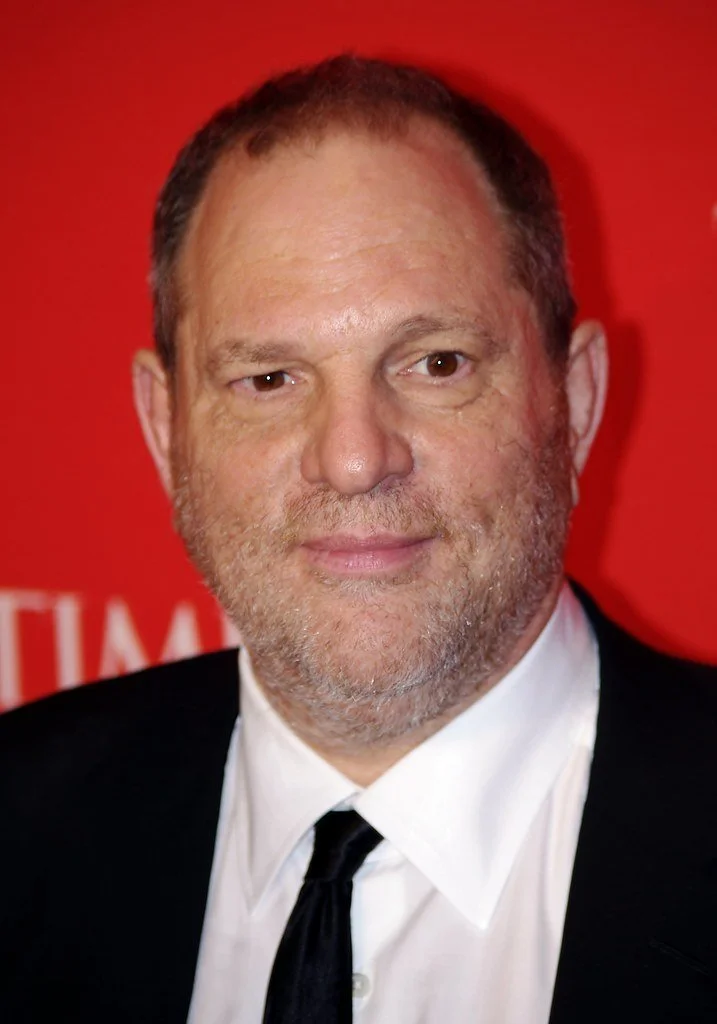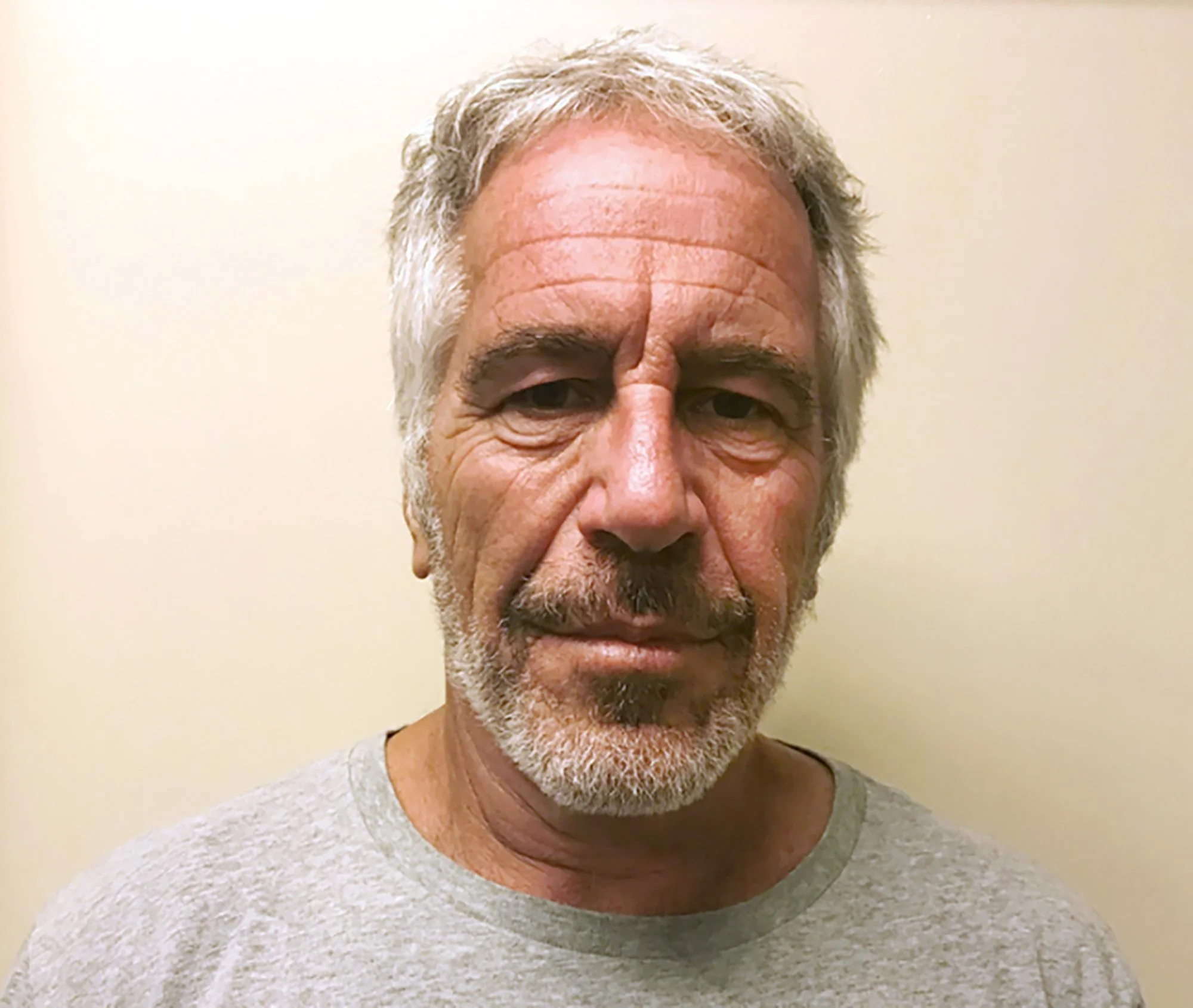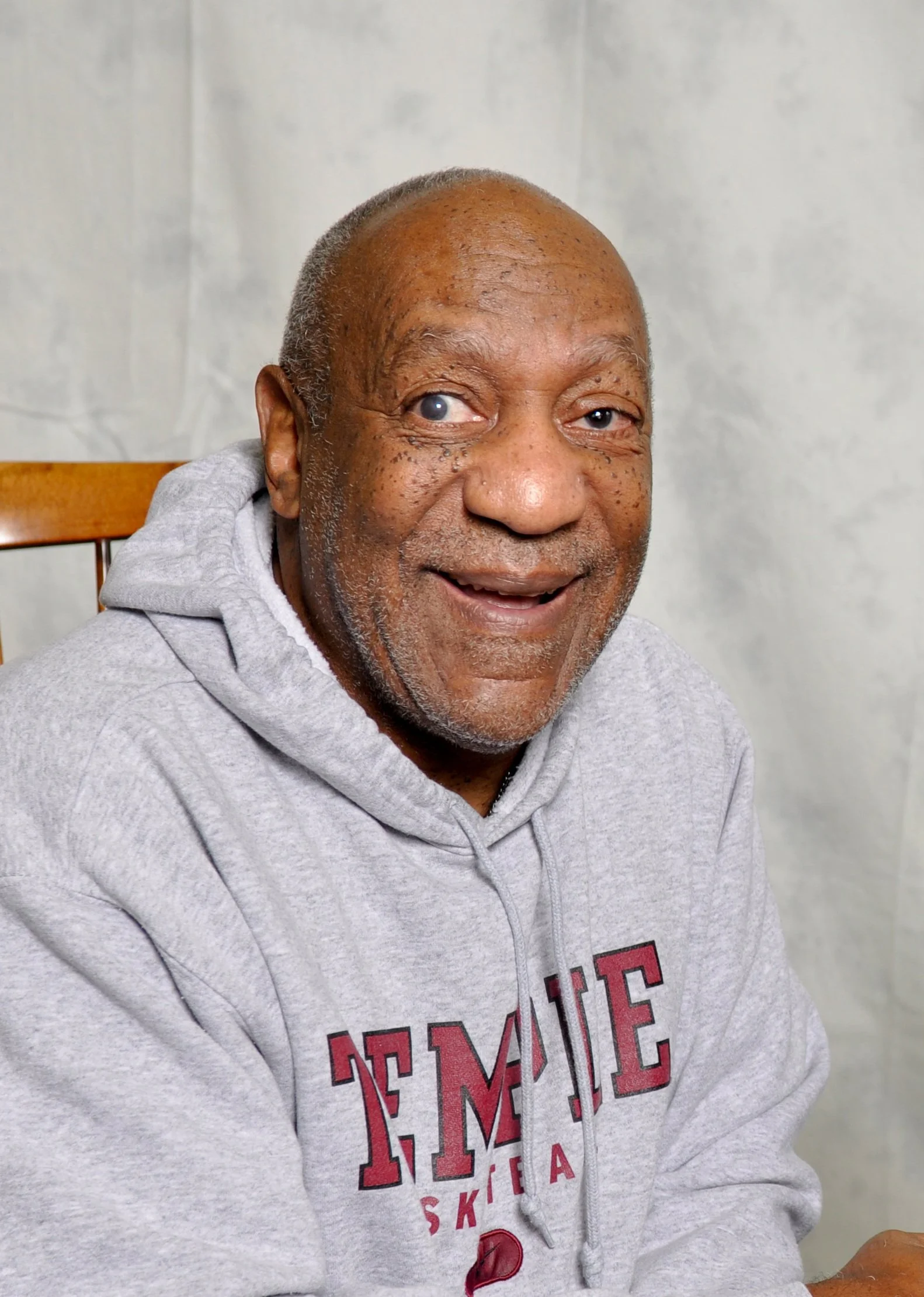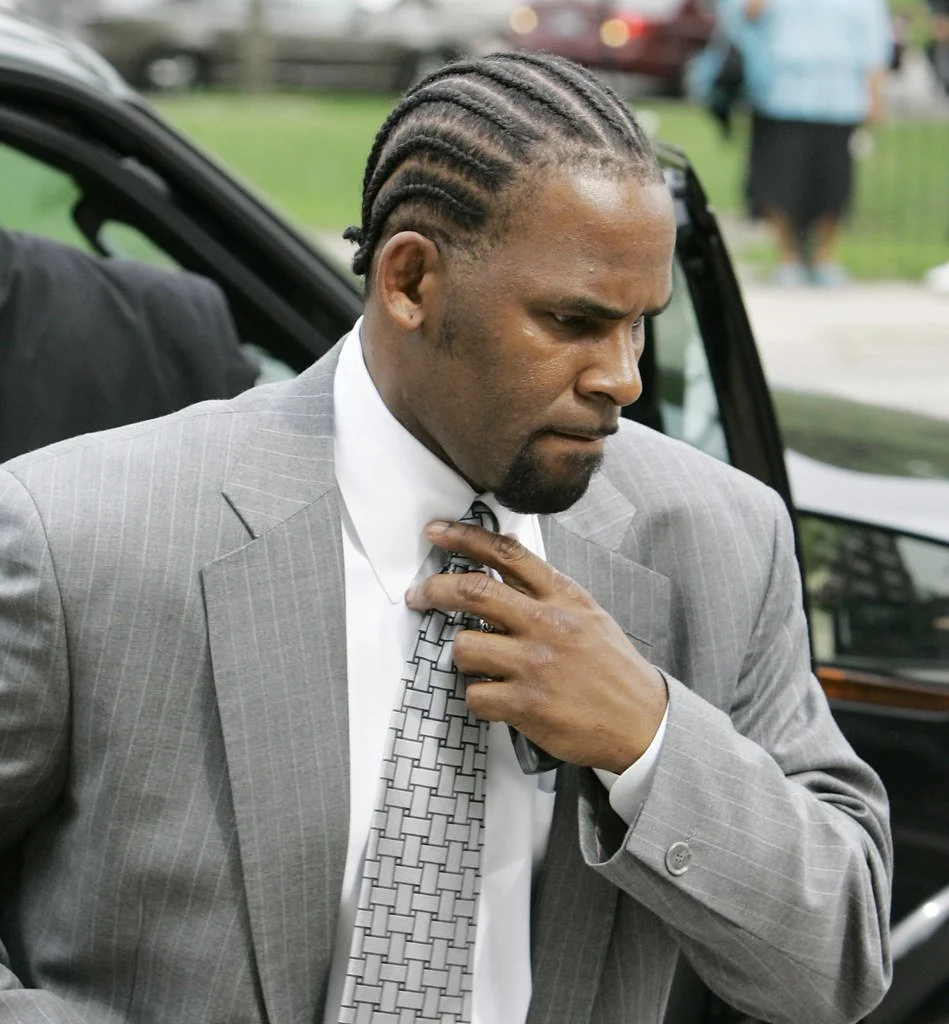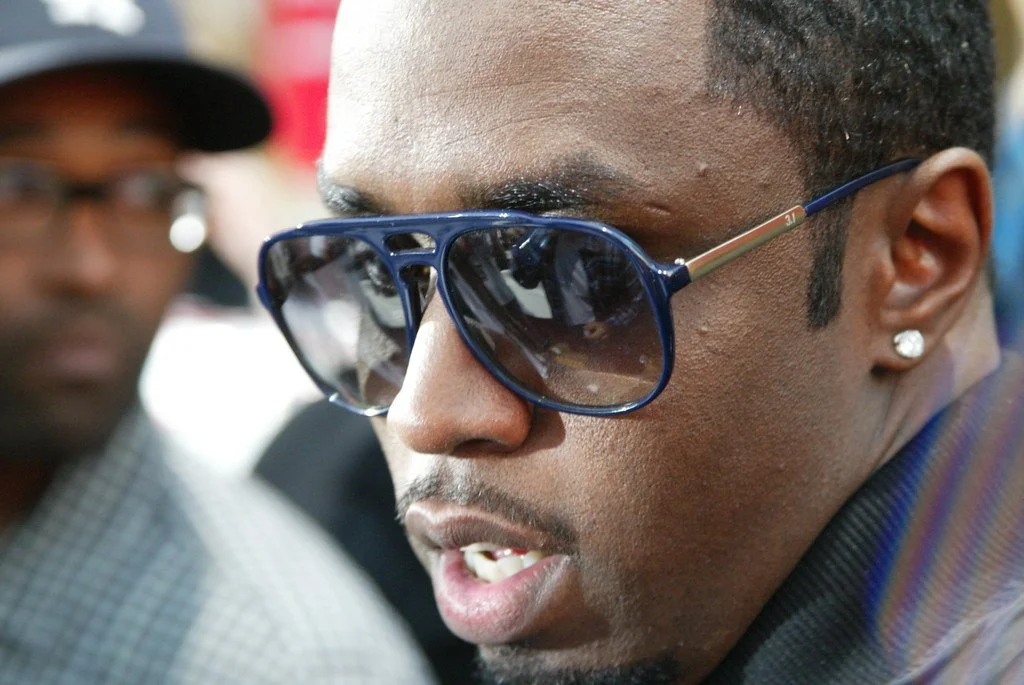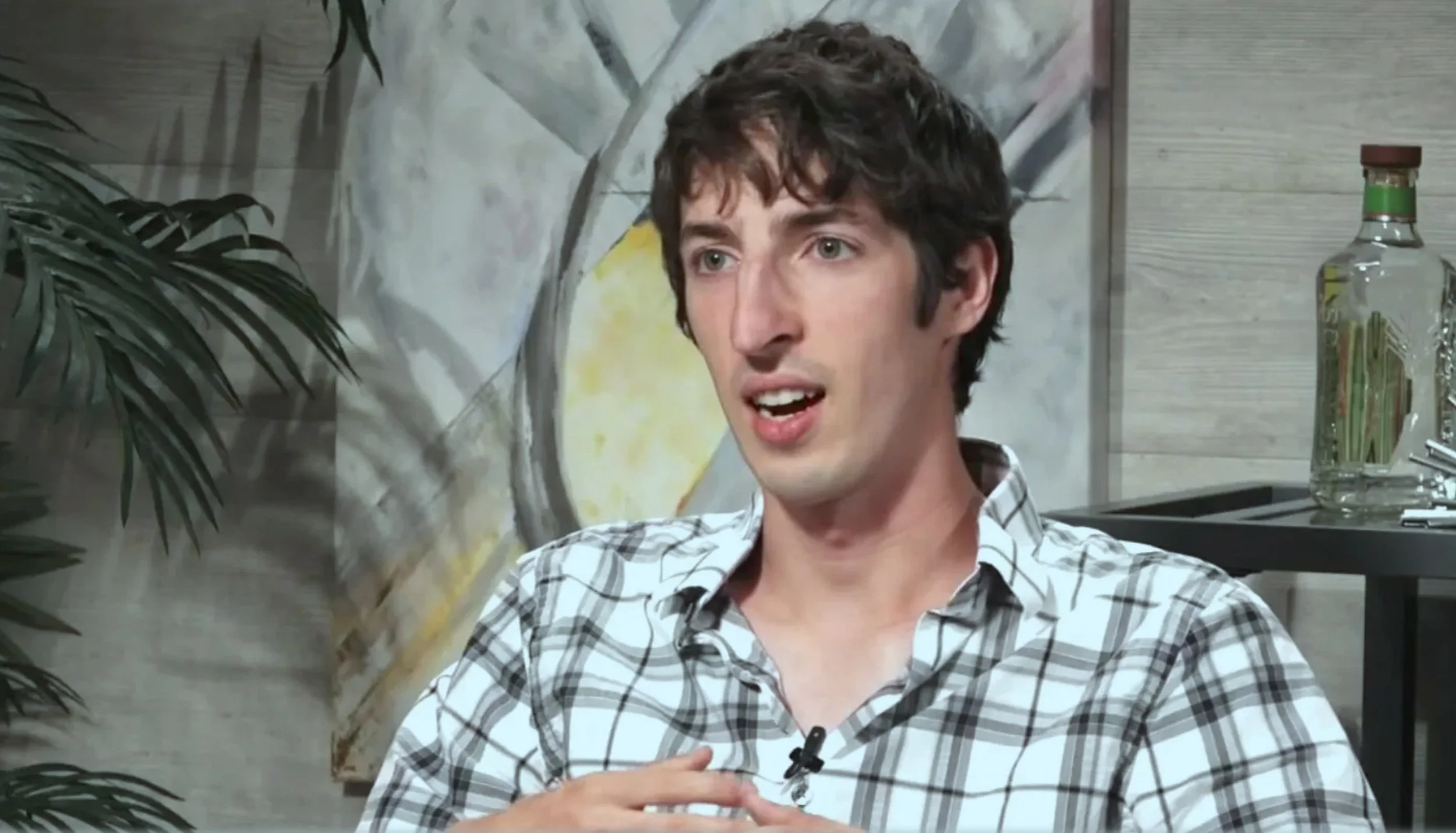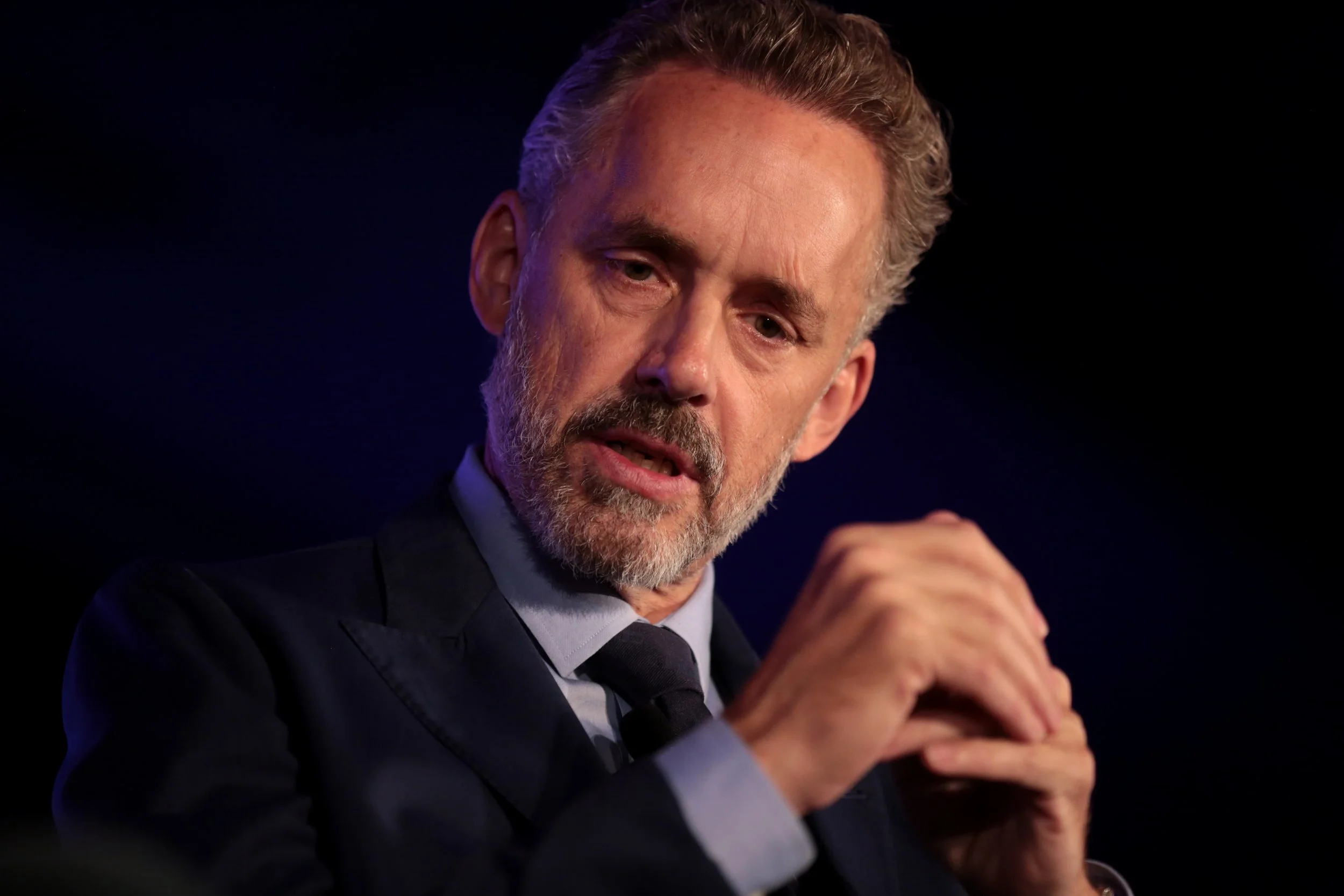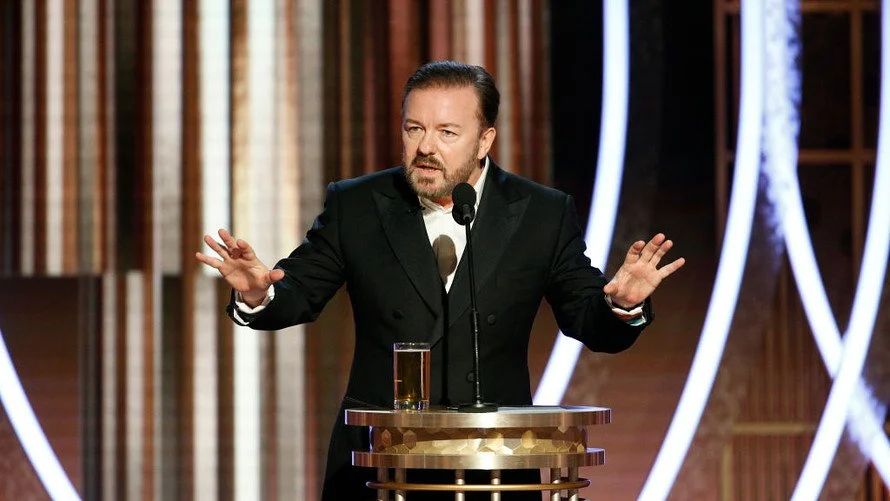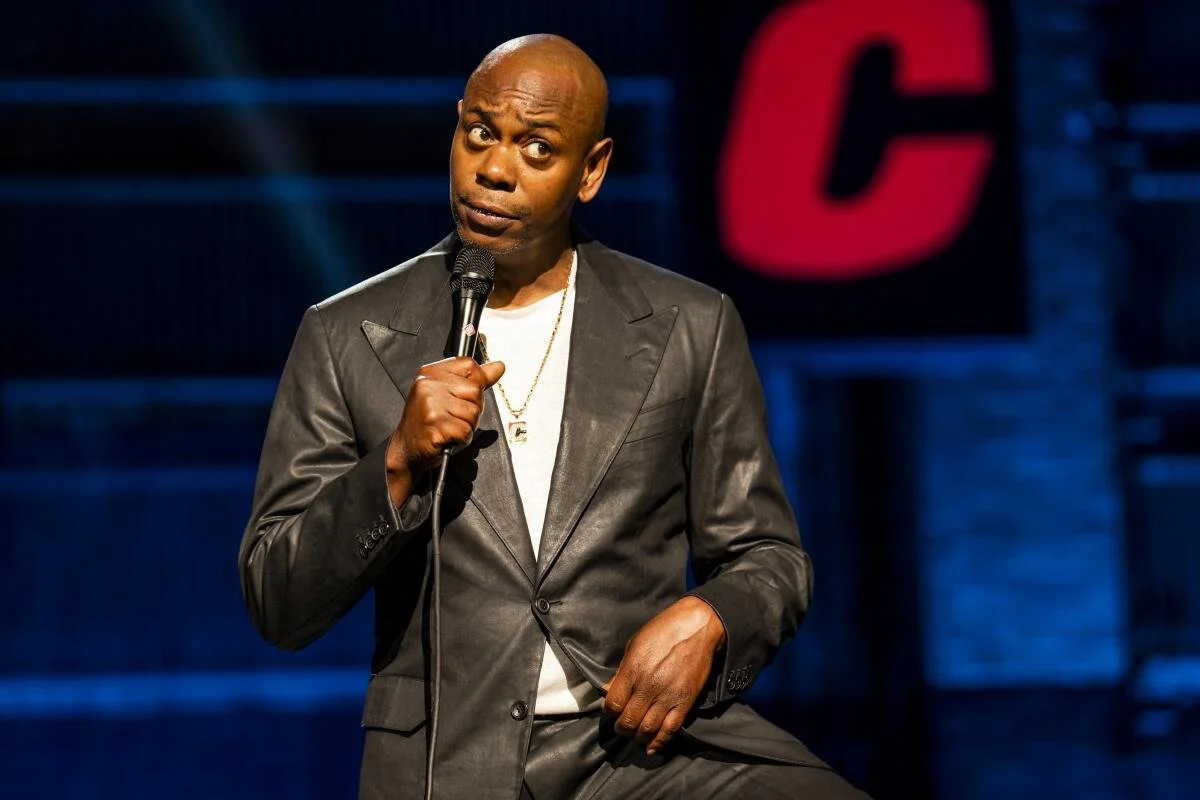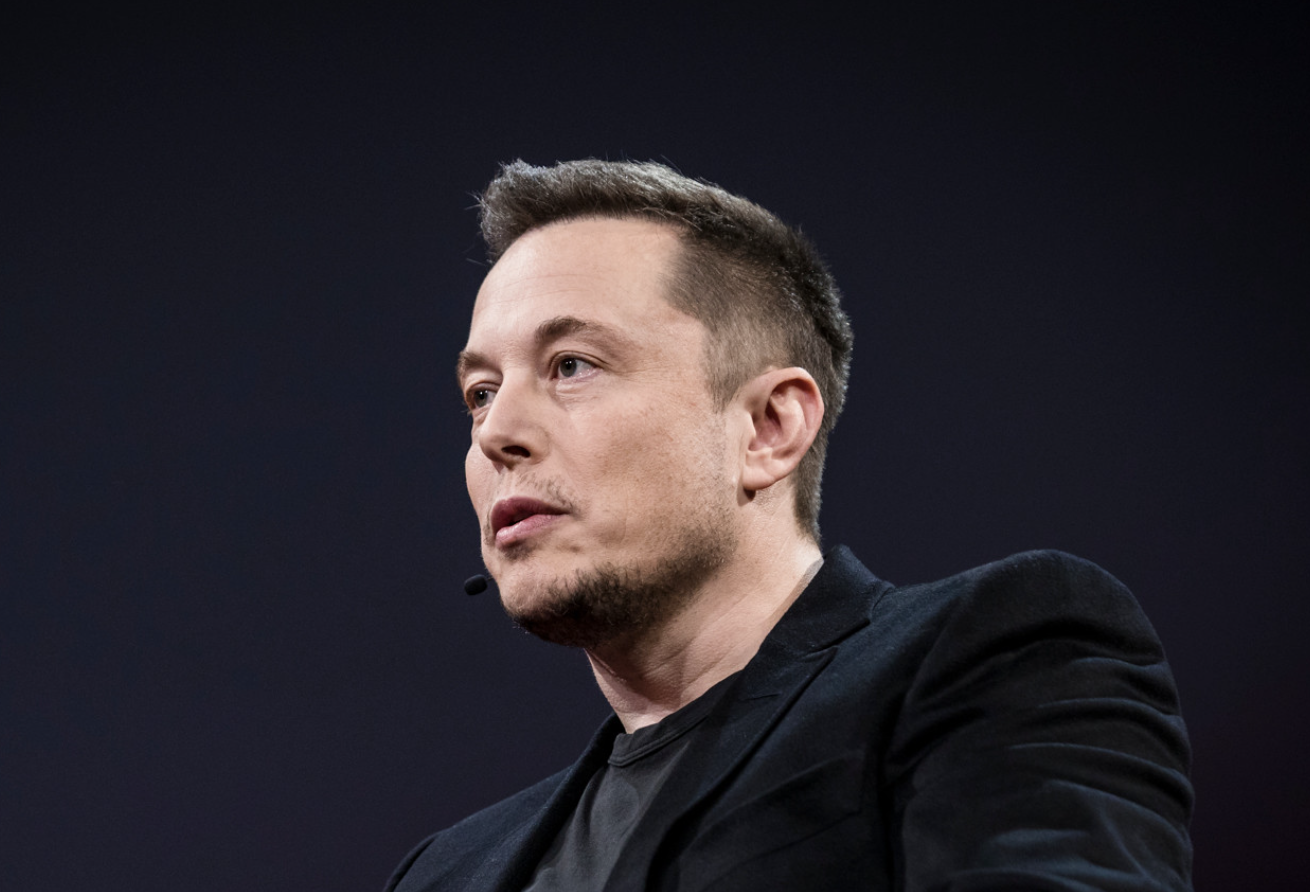Interactive White Paper
Men and DEI at a Crossroads
Shifting Gender Norms for Holistic Equity
The humen behind the privileges
On the ongoing dialogue surrounding Diversity, Equity, and Inclusion (DEI), the role of gender is often cast in binary terms, with men frequently positioned as a monolithic privileged group.
This oversimplified narrative not only fails to capture the complexities of gender dynamics but also risks alienating men from critical conversations about equity and justice.
As we navigate the intersection of DEI and gender, it's imperative to acknowledge the nuanced experiences and perspectives of all individuals, including men.
Inclusion means everyone.
Introduction
A Precarious Standoff
Men and DEI find themselves at a crossroads, facing a dilemma where inclusion efforts simultaneously call for their engagement and perpetuate their vilification. This context creates a precarious standoff where the pressing issues facing men, particularly those marginalized by intersecting identities, are often sidelined or dismissed.
Consequently, the pursuit of genuine equity and inclusion remains elusive as long as gender dynamics are oversimplified and adversarial.
Paper Structure
Part 1: What is happening
Part 2: Why does it matter
Part 3: What to do about it
Part 1: What is happening?
1.1 Trump’s election and the #metoo movement: turning points in gender dynamics.
In the year following the Trump election in November 2016, the #metoo movement
1.2 The Polarization of the Masculinity Conversation
From James Damore to Elon Musk: a cascading of dissonant male voices towards DEI and what is referred as “woke culture” gained tremendous attention online.
The Gilette ad controversy
Maybe you want to turn a hobby into something more. Maybe you want to launch a business.
Depp v Heard.
Maybe you want to turn a hobby into something more. Or maybe you have a creative project to share with the world.
1.3 Men at the center of grievances and DEI push back
From James Damore to Elon Musk: a cascading of dissonant male voices towards DEI and what is referred as “woke culture” gained tremendous attention online.
1.4 The politicization of DEI transcends race and gender
Political affiliation and race are prominent drivers of polarization in perceptions toward diversity, equity, and inclusion (DEI) efforts in the workplace.
However, it is also noteworthy that there is a discernible gender divide, with women generally showing higher support for DEI initiatives compared to men, contributing to nuanced dynamics within the broader landscape of DEI sentiment.
-
Description text goes here
-
Description text goes here
1.5 Younger men and women are drifting apart, politically
xxxxxxxxx
Part 2: Why does it matter?
2.1 The Rise of Extreme masculinist figures
xxxxxxxxx






